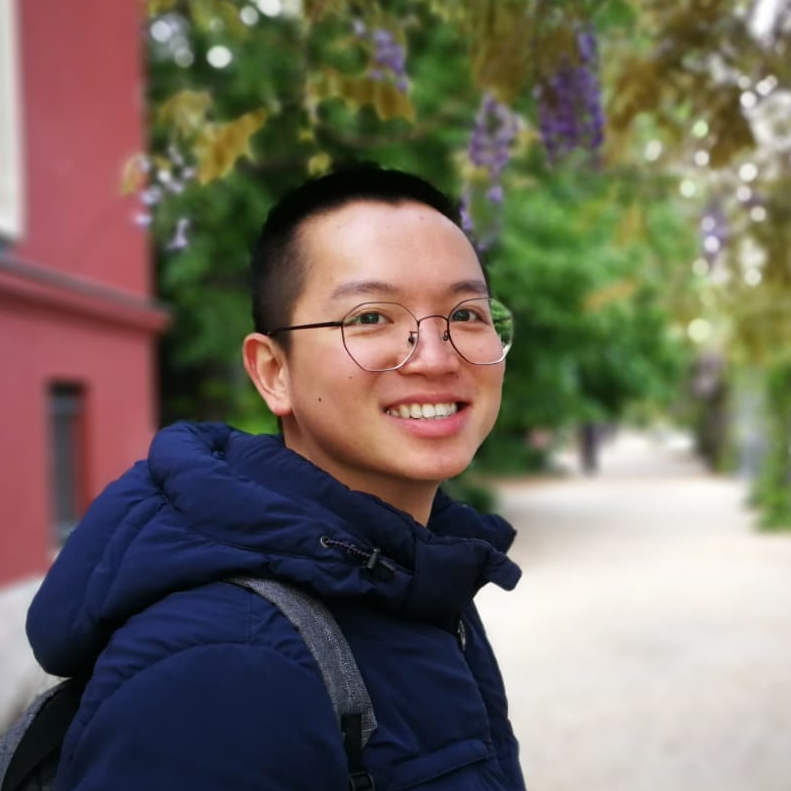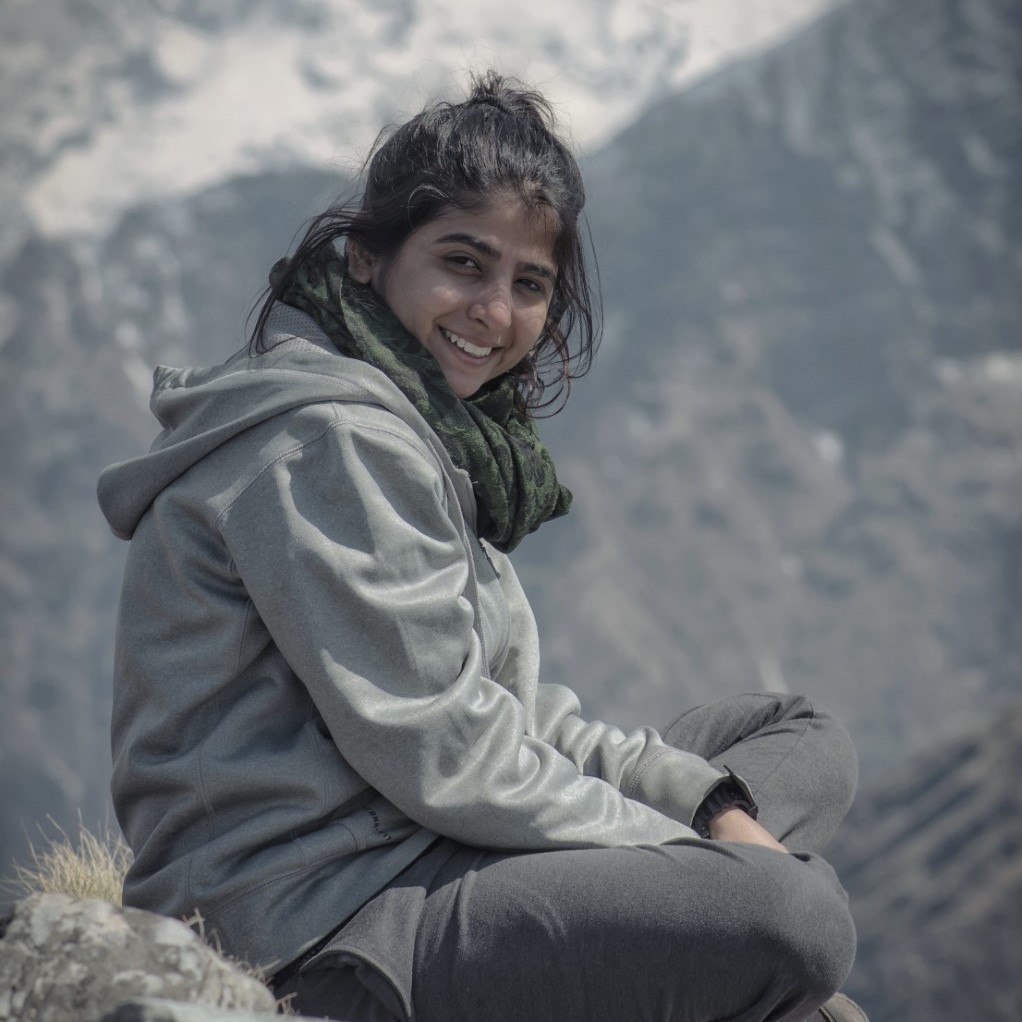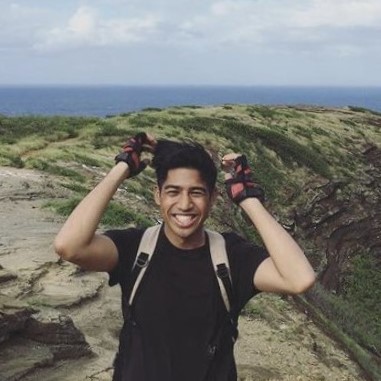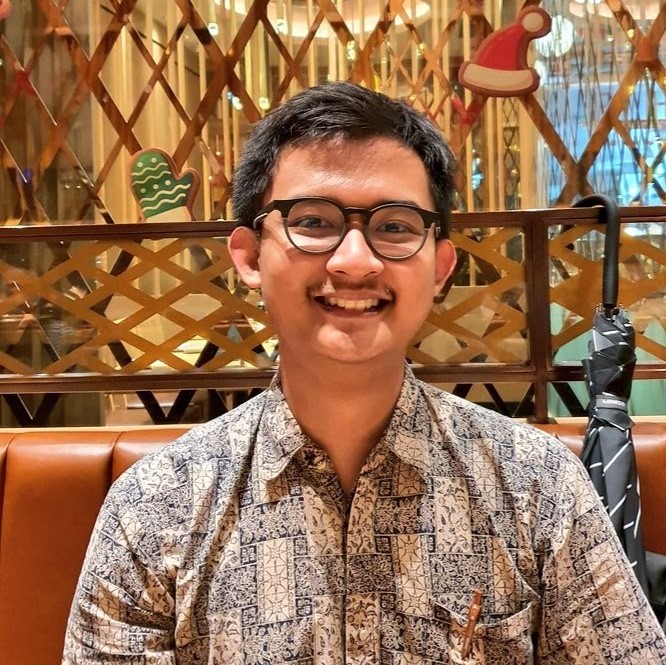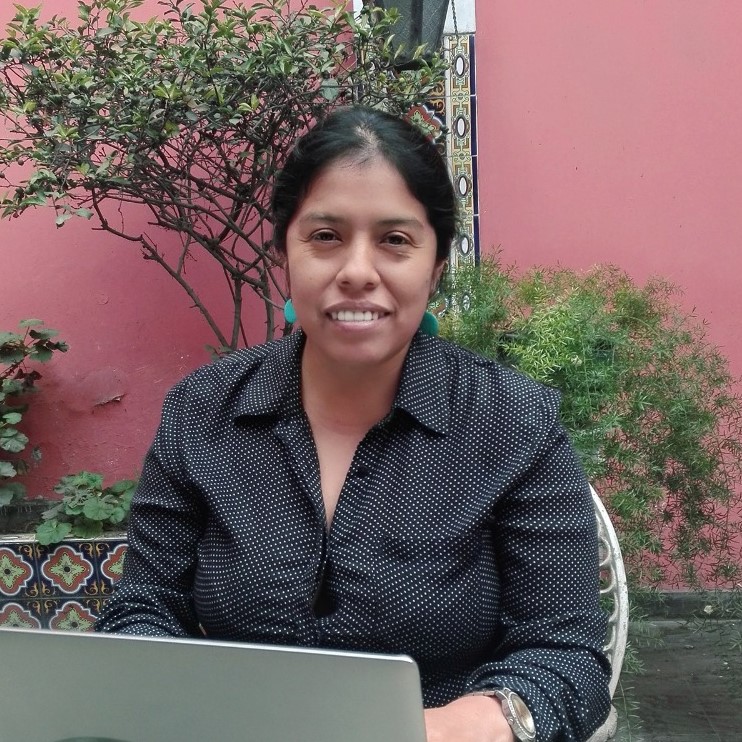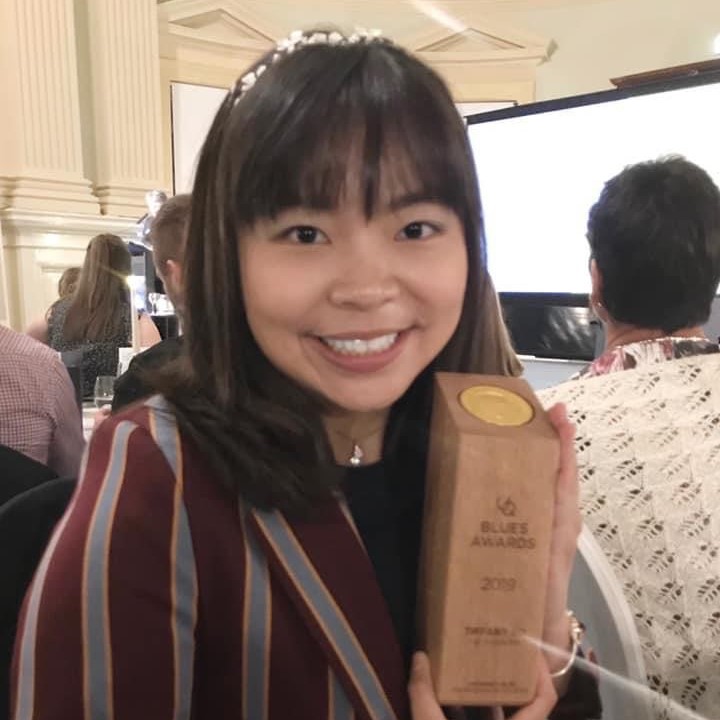Chinesische Dörfer könnten auf Sexualerziehung vorbereitet sein
Ist es möglich, Schüler in einer Dorfschule in China Sexualkunde zu vermitteln? Man wird vielleicht überrascht sein, wie das möglich ist.
China, Eastern Asia
Eine Geschichte von Zhihao Zhong. Übersetzt von Veronica Burgstaller
Veröffentlicht am January 25, 2021.
Diese Geschichte ist auch verfügbar in 




Höre Dir diese Geschichte an:
Es wird oft die Annahme gemacht, dass angesichts der kontroversen Natur der Sexualerziehung in der chinesischen Mainstream-Kultur die Umsetzung auf dem Land schwieriger wäre als in den Städten. Dennoch kann sich niemand wirklich sicher sein, bis er es versucht.
Bei meinem ersten Versuch als entschlossener Lehrer in einer abgelegenen Dorfgrundschule in Meizhou[1], Südchina, wurde ich von peinlichem Geschrei der Drittklässler im Alter von etwa 9 Jahren empfangen. In der ersten Unterrichtsstunde sahen sich diese Kinder einen Zeichentrickfilm an, um zu lernen, wie Babys entstehen, und sah ihre heftige Reaktionen zu den Bilder von Genitalien. Sie schrien, verdeckten ihre Gesichter und klopften auf die Tische. Ich stellte mir vor, was für ein Desaster die zweite Sitzung werden würde, wo ich die Geschlechtsorgane vorstellen wollte.
Für die nächste Unterrichtsstunde war ich auf mögliche Störungen vorbereitet. Um solche so gut wie möglich yu vermeiden, entwarf ich ein Punktesystem[2], wo die "tollen Gruppen”, die sich die Namen der Geschlechtsorgane merken konnten, belohnt werden. Ich hoffte, dass die Natur der Kinder, die gerne Spiele und Belohnungen mögen, mir dabei helfen würde.
Lautes Sprechen und Aufschreien in der Klasse war unvermeidlich, aber dieses Mal wetteiferten die Schüler um die Namen der Organe. Sie baten sogar darum, das Video zu wiederholen, um sich die Namen einzuprägen. Ich war begeistert, tat aber so, als wäre ich ungerührt, als sie riefen: "Vagina! Vulva! Uterus!"
Wie ist das möglich in einer ländlichen Schule, in der man eher konservative Werte erwartet? Teach For China[3], das Programm, an dem ich beteiligt war, schickt Freiwillige in Dorfschulen, wo es oft an Lehrern mangelt. Bei der Arbeit in diesen Schulen genießen die meisten Lehrer ein hohes Maß an Autonomie. Ich konnte den Unterricht flexibel gestalten, obwohl ich überraschenderweise die Genehmigung des Schulleiters zum Thema Sex Ed einholte, wahrscheinlich weil ich vergessen hatte, "heikle" Details zu erwähnen.
Unerwarteterweise erhielt ich keinen Pushback von den Erziehungsberechtigten der Schüler. Die Mutter eines Schülers sagte mir, wie dankbar sie war, dass ich etwas behandelte, von dem sie nicht wusste, wie sie es ansprechen sollte. Ich hatte keine Ahnung, worauf sie sich bezog, bis ihre 8-jährige Tochter vorbeikam und "Menstruation" erwähnte, ein Wort, das die Eltern nicht bequem aussprechen konnten. Das erinnerte mich daran, dass der fehlende Widerstand gegen Sexualkundeunterricht der mangelnden Bereitschaft der Schüler geschuldet war, das Thema zu Hause zu besprechen. Auch wenn Sexualkunde in der Schule gefördert wurde, war es in den Familien immer noch ein sensibles Thema.
Während des zweijährigen Programms nutzte ich jede Gelegenheit - als Vertretungslehrer für meine Kollegen oder als Lehrer für Naturwissenschaften[4] - um Sexualkunde zu unterrichten. Ich schaffte es, alle sechs Klassenstufen zu unterrichten. Die Schüler meiner regulären Klasse erhielten eine vollständige Sexualerziehung, die sexuelle Übergriffe, Geschlechtsmerkmale wie feuchte Träume und Menstruation sowie die Gleichstellung der Geschlechter umfasste. Ich verwand Geschlechteretiketten auf der Tafel, auf denen ich geschlechtsspezifische Aussagen aufgeschrieben hatte, so dass die Kinder lernten, Stereotypen zu erkennen und zu hinterfragen, wie zum Beispiel die Stereotype, dass Frauen die Hausarbeit übernehmen sollen.
Unsere Schulbücher enthielten unzählige geschlechtsspezifische Aussagen. In ihrer Englischstunde, in der sie die Begriffe 'Junge' und 'Mädchen' lernten, zeigte ich anatomische Bilder, um ihnen beizubringen, dass Kleidung nur eine Möglichkeit ist, sich auszudrücken, aber nicht unbedingt auf das Geschlecht hinweist. Ich wusste, dass die Lektion effektiv war, weil sie die Frisuren und Kleidungsfarben der anderen Schüler mehr berücksichtigten.
Es war wirklich nicht so schwierig, zu versuchen. Sensible Themen können einfacher werden, wenn wir sie besprechen. Sensibilität verblasst, wenn man sich ihr ausgesetzt ist und sie wiederholt. Mit der Zeit fühlten sich meine Schüler wohl dabei, über das zu sprechen, was sie gelernt hatten. Ich frage mich, ob das irgendwelche Auswirkungen auf andere Veränderungen hat, zum Beispiel auf den politischen Diskurs im Land. Mal sehen.
[1] Meizhou liegt im Nordosten der Provinz Guangdong in Südchina, an der Grenze zur Provinz Fujian in einer bergigen Gegend.
[2] Für Studienleistungen oder die Bereitschaft, anderen zu helfen, erhalten die Studenten Punkte, mit denen sie Schreibwaren und lustige Spiele "kaufen" können, die von mir und meinen Spenderfreunden bereitgestellt werden.
[3] Teach for China ist ein Programm, das Freiwillige zu einem zweijährigen Unterricht in Dorfschulen sendet.
[4] Aufgrund des Personalmangels in den Dorfschulen decken die Lehrer oft auch andere künstlerische und naturwissenschaftliche Fächer ab.
Was macht diese Geschichte mit dir?
Follow-up
Do you have any questions after reading this story? Do you want to follow-up on what you've just read? Get in touch with our team to learn more! Send an email to [email protected].
Unterhalte Dich über diese Geschichte
Please enable cookies to view the comments powered by Disqus.
Subscribe
Melde Dich an für unseren monatlichen Newsletter und bleibe up-to-date mit neuen Geschichten auf Correspondents of the World.
Mehr Geschichten auf Deutsch
Tags
Erkunde andere Themen
Mach mit
At Correspondents of the World, we want to contribute to a better understanding of one another in a world that seems to get smaller by the day - but somehow neglects to bring people closer together as well. We think that one of the most frequent reasons for misunderstanding and unnecessarily heated debates is that we don't really understand how each of us is affected differently by global issues.
Unser Ziel ist es, dies zu verbessern - und zwar mit jeder Geschichte, die wir teilen.
Community Weltweit
Correspondents of the World is not just this website, but also a great community of people from all over the world. While face-to-face meetings are difficult at the moment, our Facebook Community Group is THE place to be to meet other people invested in Correspondents of the World. We are currently running a series of online-tea talks to get to know each other better.











